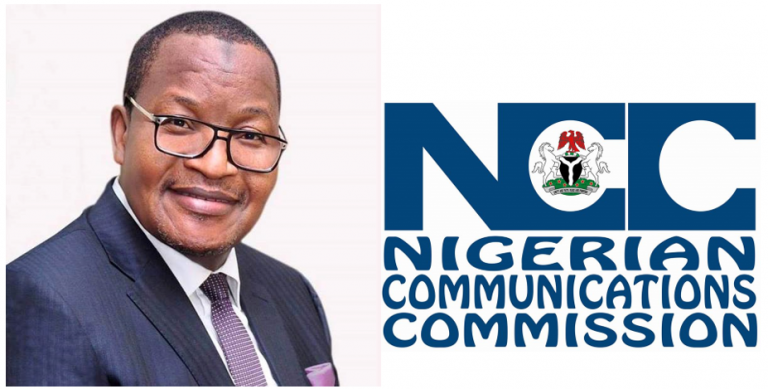Nigeria’s internet subscribers grew by 9% in 2022. This is according to the Nigerian Communications Commission (NCC), the country’s telecoms regulator in the 2022 edition of its Subscriber/Network Data Annual Report. The document aims to enlighten stakeholders on the state of the telecom industry, its strengths and weaknesses particularly.
As expected, many interesting facts were revealed. Given that some stood out, they’ll be spotlighted in this report. The regulator noted that Nigeria’s internet subscribers hit 154,847,901 subscriptions by the end of 2022. This is 12.8 million more than the previous year.
The increased access to mobile devices could be the major reason for more internet users. A handful of good mid-range devices sell for around N100,000, a decent price point given the current economic situation.
Also worth mentioning is the fact that more and more fintech platforms now allow consumers to access innovative financial services. Since an internet-enabled device is a prerequisite, it could also account for the rise in internet subscriptions.
Still on internet-related facts, the NCC reported a significant increase in data consumption. Compared to the end of 2021 (353,118.89 terabytes), Nigerians used a whopping 518,381.78 terabytes in 2022. Based on the above figures, there was a 46.7% increase in data usage.
Regarding broadband penetration, the report noted that subscriptions rose from 78,041,883 in 2021(40.88%) to 90.3 million in December 2022 (47.36%). Broadband access is a major issue and despite efforts to increase the penetration, broadband access remains a tough case to solve for Nigeria. However, it has failed to make it into the 50% range. With increased broadband access comes several benefits.
For instance, esports players in Nigeria can leverage better internet access to increase their chances of victory during international competitions. Recall that esports is a growing force in Nigeria and the rest of Africa. With faster internet, local businesses can also improve their service delivery, thus growing the economy.
Nigeria’s broadband plan hopes to increase its penetration to 90% by 2025, a welcome development for all. Whether it’s another pipe dream remains to be seen.




